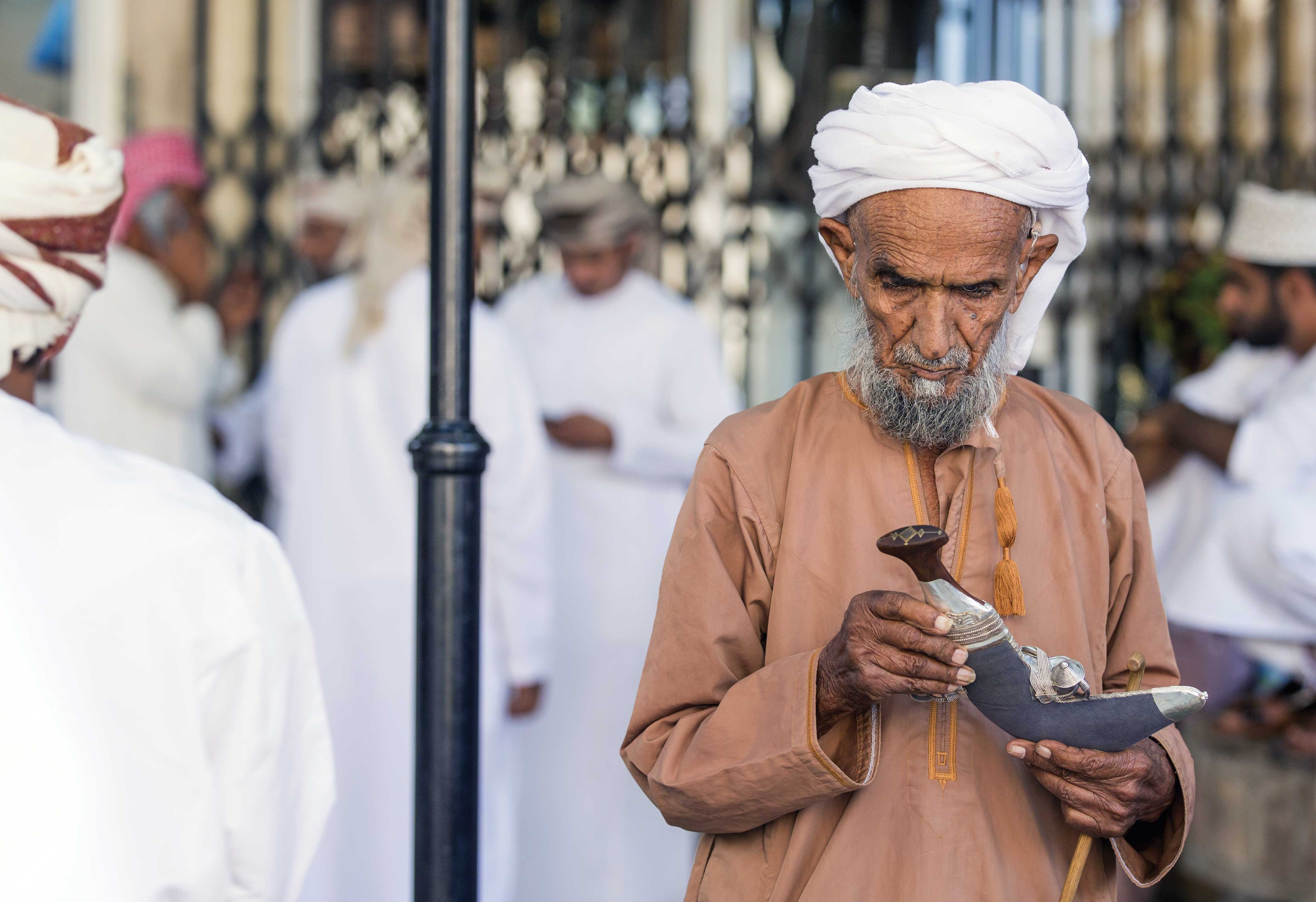
#ReadersResponse: Of all the symbols and artefacts traditionally associated with Oman’s history, heritage, and culture, few have been so dear to locals and expatriates alike as the khanjar. A classic example of Omani tradition and reputation as one of the jewels of Arabia, the khanjar is a dagger worn for the most exalted and ceremonial of occasions, and residents in the country have not hesitated to express their praise for it.
“When I see the khanjar, I can’t help but think ‘wow’, because there is something about it that is hard to explain, because it looks elegant and proud at the same time,” said Asghar Ali, an expatriate living in Oman.
“This is a symbol of Oman’s proud past and I would like to own one in the future. Saurav Iyer also expressed his admiration for the khanjar. “You see it on Oman’s flag, and immediately you know the value it has for Oman,” he revealed. “It is a symbol that unites all of us together, and we all should appreciate and cherish this very much. I remember seeing the khanjar being made, and it was truly an eye-opening experience,” added Iyer. “Such a proud symbol having such a humble beginning was very inspiring to see.”
**media[760619]**
“I came to Oman last year on tour, and I found the country very beautiful and the people so simple,” recalled Ulrike Schmelzer, a German. “I was looking for the right souvenir to act as a reminder for my trip to Oman. Many ideas crossed my mind, including frankincense or Omani perfume, but I wanted something that would last for a long time and continue to be relevant. I went and bought a very nice khanjar from the souq in Nizwa, and the owner of the shop there was so nice that he put it in a clear display box for me for free,” she added. “I was amazed by this kind gesture and I will definitely return to Oman in the future.”
In the wake of the khanjar being such a treasured souvenir, and a cornerstone of Oman’s culture, Oman’s Ministry of Culture and Industry reinforced a ban to stop the use of horn sourced from endangered rhinos in the making of the dagger.
“I agree with the decision of banning on the trading of animal’s horns, such as the rhinoceros, since it is endangered and we all have to cooperate to protect these animals,” said Mazin Al Sayagh, of Mahat Al Sayagh, a pioneer of khanjar producers in Oman. “Adding information on the gold calibre and the weight of silver used in the khanjar is important since it adds more credibility.”
In addition, Oman’s Ministry of Education has invited students to take part in a tourism competition on sustainable tourism, which is being organised by the United Nations.
The Sultanate is the only Arab country to participate in this, and some students have voluntarily come forward to create projects that highlight the importance of making only the best khanjars, for tourists and residents to establish trust in Omani craftsmen.
“I am concerned that the students and tourists should know their rights, and should only spend their money on original products from Omani souvenir shops that sell real souvenirs,” said Dana Al Balushi, one of the students taking part in the competition. “As an Omani, I really value the visitors who come here to contribute to our country’s tourism industry.”
“I am very proud of the heritage that I’ve inherited from my father and his father and as an Omani, I want to pass this on to my children, and therefore, I need to make our visitors aware of the importance of buying the right products,” added Sundus Al Balushi, another competitor.
“This campaign will help Omanis and tourists understand that this shopping is based on trust, and that they are buying the right products, which are hand-crafted by Omanis, and are the true products of Oman.”
—[email protected]